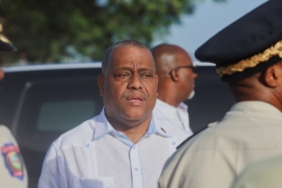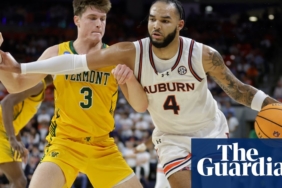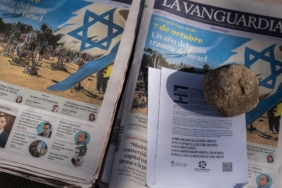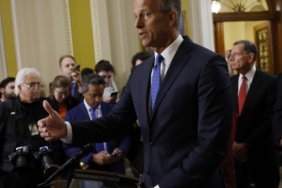The message has been clear from Ireland all week: when they face New Zealand on Friday, revenge will not be on the menu.
Hugo Keenan said it last week from the pleasant climes of the Algarve, Ireland’s second home, and Andy Farrell repeated it when he spoke to reporters in Dublin on Wednesday.
And while most of the Ireland camp would insist they have moved on from last year’s agonising World Cup quarter-final loss in Paris, Tadhg Beirne felt moved to admit that his dreams are still haunted by the experience. Proof, as if it were needed, that the pain remains.
For Ireland, Friday’s match – regardless of the result – cannot banish the hurt that hit them like a hammer when, after 37 increasingly desperate phases, their World Cup was ended when Sam Whitelock won a penalty for the All Blacks.
To exorcise the ghosts of Paris, they must wait until 2027.
Friday, however, at least gives the world’s number-one side the chance to regain the upper hand in a rivalry that has transfixed the rugby world in recent years.
Indeed, it is a rivalry that has produced a string of memorable fixtures across the globe.
There has been Irish ecstasy in Chicago and Wellington, the scenes of Ireland’s first win and first series triumph over the All Blacks, mixed with Kiwi joy in Tokyo and Paris, where they condemned the green machine to their sixth and seventh World Cup quarter-final exits.
There have been stunning individual tries, from Jacob Stockdale’s chip-and-chase setting Lansdowne Road alight in 2018, to Ardie Savea’s stunner in Auckland in 2022.
It has brought pure emotion to the surface, too, from Peter O’Mahony sobbing euphorically in Wellington to Johnny Sexton staring into the abyss in Paris.
And like any good rivalry, it has seen its fair share of needle, with Sexton and Rieko Ioane’s Paris spat ratcheting up the tension for this week.





Yorumlar kapalı.